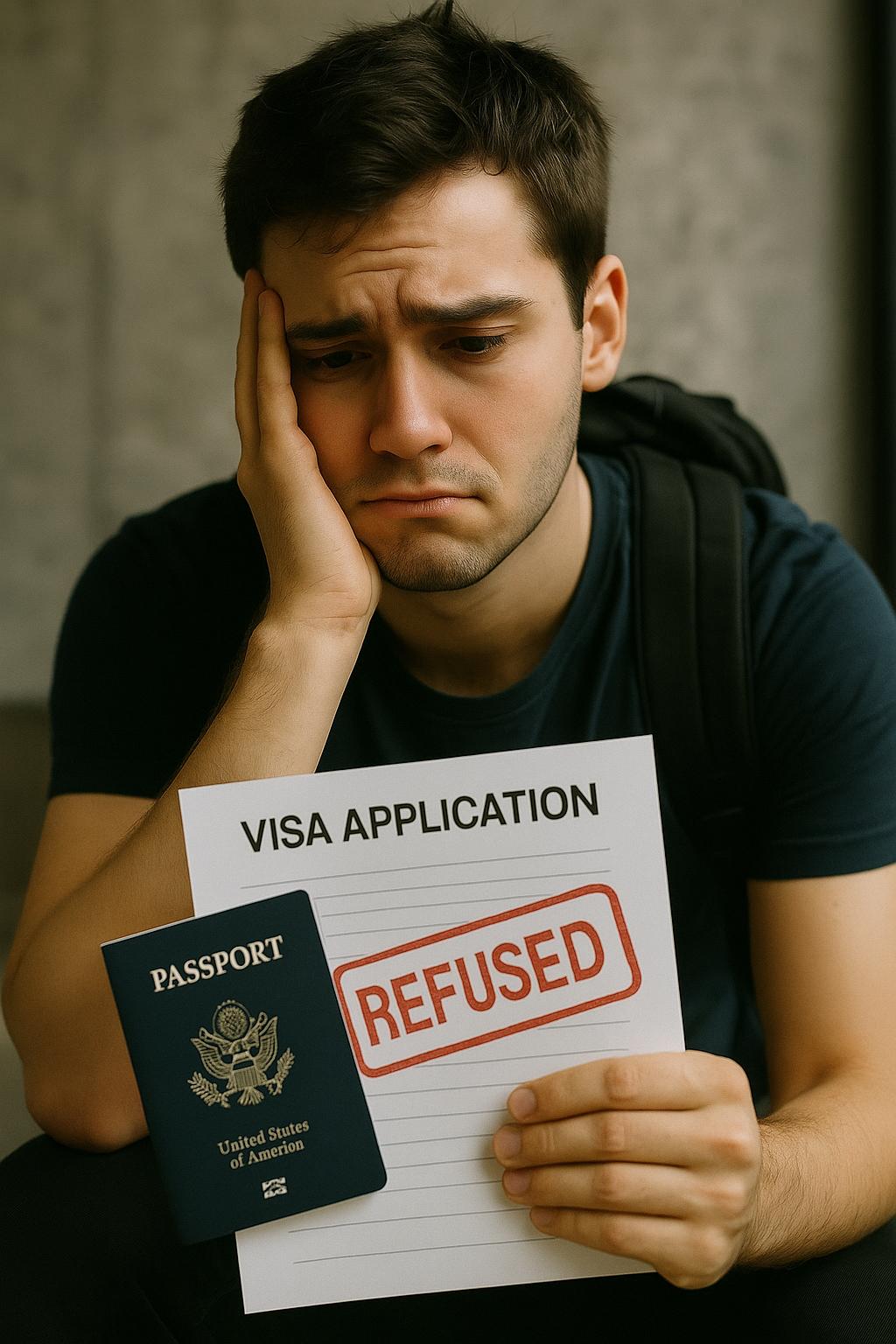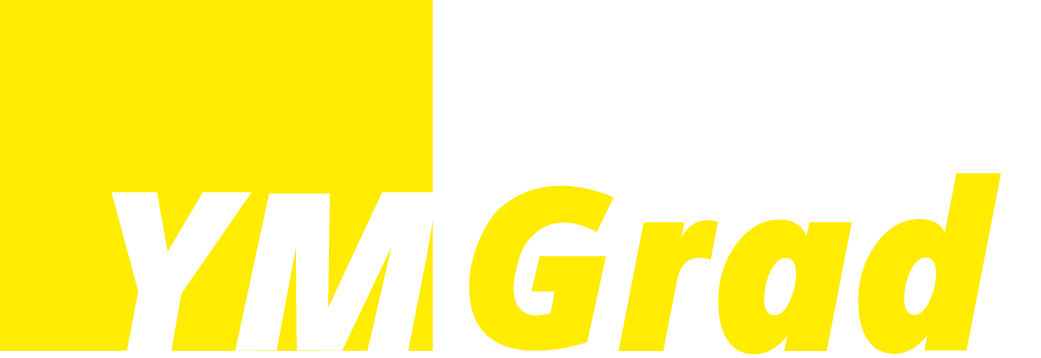List of Blacklisted Universities in California, USA

.jpg)
California - home to Silicon Valley, Hollywood, and world-class universities - is a top destination for international students chasing big dreams. From tech innovation in the Bay Area to entertainment in Los Angeles, the Golden State offers unmatched opportunities. But not all schools deliver on that promise. Some institutions, known as 'visa mills,' exploit F-1 visa loopholes, admitting students with little regard for education or career outcomes. These shady operations have faced crackdowns: Tri-Valley University in Pleasanton went from 11 students to over 1,500 in a year before ICE shut it down for visa fraud. Similarly, Sunnyvale’s Herguan University was barred from enrolling F-1 students after executives admitted to fraud, leaving students scrambling. The stakes are high - choosing the wrong school can mean wasted time, lost money, and revoked visas. Let’s dive deeper into California’s blacklisted universities and how to avoid them.
California's 'Blacklisted' Universities
Here is an alert list consisting of several California-based schools that are frequently flagged by students and experts:
Olivet University (Anza)
In late 2024, California regulators revoked its license for operations and new enrollments due to 14 cited violations; DHS is reportedly investigating it for visa fraud.
Herguan University (Sunnyvale)
Lost SEVP certification and barred from issuing new I‑20s.
Silicon Valley University (San Jose)
Voluntarily withdrew its SEVP approval in 2018.
California State Christian University (Los Angeles)
Unaccredited religious school, widely considered a diploma mill.
Newport International University (West Hills)
An unaccredited for-profit (formerly TechExcel/NIU)
Day-1 CPT Colleges
Certain universities wrap a curriculum around internships with minimal attendance requirements and present this shady “work visa in disguise" course as 'Day-1 CPT'.


"Paper-Mill Colleges": Day-1 CPT
'Papermill colleges' are those that build curriculum around employability to offer CPT (Curricular Practical Training) from day-1, often seen as a “work visa in disguise", which ends up as a major red flag for visa denial.
The following are some 'paper-mill colleges' in California that advertise Day-1 CPT programs as their USP:
Humphreys University
Stockton, California
Sofia University
California
Westcliff University
Irvine, California
California Institute of Advanced Management (CIAM)
Alhambra, California
Haven University
Garden Grove, California
University of East-West Medicine
Sunnyvale, California
International Technological University (ITU)
San Jose, California
Want to Study in California? Avoid Bad Universities
Get your application into the Top 10% of the applications!
Key Warning Signs
- 1
Exorbitantly high acceptance rates
Visa mills often admit anyone who pays. Many boast near‑100% acceptance. In contrast, reputable U.S. universities typically have more moderate acceptance rates and clear admission standards. If a school promises “instant admission” or touts 95–100% acceptance, treat it as a red flag.
- 2
Lack of Real Accreditation
Genuine U.S. colleges have regional or national accreditations recognized by the Department of Education (e.g., WASC, SACS, etc.). Scam schools either have no recognized accreditation or use obscure “accrediting mills.” For example, California State Christian University is “unaccredited and unregulated” and is explicitly labeled a diploma mill. Any school not found on the DOE/CHEA websites or claiming dubious accrediting bodies should be avoided.
- 3
Remote or Off-Grid Locations
Many diploma mills are deliberately based in isolated areas with no industry connections. For instance, Olivet University’s main campus is in Anza, a small desert town in Riverside County, far from any tech or business hubs. Such locations mean almost no local internship or job opportunities, no nearby career fairs, and often a small or fake campus. A campus with only a handful of buildings and no neighboring colleges or companies is highly suspect.
- 4
Minimal On-site Study Requirements
Legitimate F‑1 programs require full-time, on-campus study (usually ~12+ credit hours per semester). Fraudulent schools often allow students to attend online or “Day 1 CPT” internships instead of real classes. Some even claim “all courses on Zoom, so you can just focus on your internship.” In reality, this violates USCIS rules: F-1 students must maintain full-time enrollment in classroom-based courses (generally at least 8 in-person credit hours per semester). If a school says you never need to go to campus or can drop classes anytime, run away.
- 5
Guaranteed Work Visa/CPT Emphasis
Be wary of schools aggressively marketing early work authorization (like Day-1 CPT) or implying they can “deliver” a visa or job. No legitimate college can guarantee a visa or employment. In fact, programs built around immediate CPT were central to past scams (Tri-Valley’s downfall was its promise of easy CPT work in exchange for tuition). If the school’s pitch focuses on work-from-day-one with no academic rigor, that’s a major warning.
- 6
Very low admission standards
Red flags include no TOEFL/IELTS for non-English speakers, very low GPA requirements, or acceptance of prior degrees from any unaccredited school. Reputable U.S. programs (especially graduate degrees) expect solid academics. If a college waives all language or transcript checks, it’s likely sacrificing quality for enrollment.
- 7
Dubious Partnerships and Marketing
Many “blacklisted” colleges funnel students through aggressive agents or visa consultants. Check if a school is heavily promoted by shady education consultants or uses slick marketing that hides vital details. Also, look for press coverage – reputable programs usually have alumni testimonials and media stories, whereas diploma mills often show fake or outdated success stories.
Real-World Consequences
Enrolling in one of these schools is risky. Graduates from unaccredited programs often fail to find legitimate jobs or internships, especially since employers recognize their credentials are worthless. More alarmingly, U.S. immigration authorities frequently deny or revoke visas for students from such schools. For example, when Herguan University was decertified, ICE gave its 240+ international students just a few months to transfer out. Likewise, after Olivet’s problems came to light, California’s Department of Education ordered all new enrollments stopped and initiated a teach-out for current students. In short, your entire student visa status can collapse if the college loses approval.
Parents and students often fall victim because these schools look official online – but in reality, they “pocket” tuition and leave students hanging. There is virtually no return on investment: after 2–4 years of study, graduates from such schools typically have no credible degree, no professional network, and may owe large debts. Meanwhile, reputable universities (public or private) have long track records of alumni outcomes and clear career pathways.
How to Protect Yourself

Verify Accreditation
Always check the U.S. Dept. of Education or CHEA databases for the school’s accreditation. If in doubt, call the accreditor or DOE. Remember: regional accreditation (like WASC in California) is the gold standard.

Research Outcomes
Look for alumni placement stats, LinkedIn profiles of graduates, or anything on how past students fared. If there are virtually no alumni or only testimonials on the school’s site, be skeptical.

Assess Location and Campus
If possible, visit the campus or at least Google the address. Does it look like a real college with multiple buildings and student life? Is it in a city with companies or universities nearby (for internships and job fairs)? Avoid schools tucked away in industrial parks or unused buildings.

Scrutinize Admissions Info
If acceptance seems automatic (e.g., guaranteed admittance, always-open intakes), that’s bad. Reputable programs have deadlines and require transcripts, essays, and/or standardized tests.

Check Visa and Regulatory Alerts
U.S. Immigration (ICE/SEVP) periodically publishes lists of certified schools. News stories (like those above) can be found with a web search. If you find any article about the school being under investigation, take it seriously.

Consult Professionals
Trusted education consultants or university advising services (like ours) can help verify programs. We can cross-check data from official sources, explain the significance of an acceptance rate or accreditation, and help you choose institutions with solid ROI.

No Lottery System
Unlike H-1B, the O-1 visa does not have a lottery system, reducing uncertainty in application approval.

Spouses & Dependents
O-1 visa holders can bring their spouses and children under the O-3 visa category.

Multiple Employers
O-1 visa holders can work for multiple employers, provided each employer sponsors a separate petition.

Path to EB-1 Green Card
The O-1 visa can lead directly to an EB-1 green card, which is one of the fastest ways to gain permanent residency.

Conclusion
Choosing a U.S. university is one of the most important decisions for an international student – it determines your visa status, career prospects, and investment payoff. Always be wary of schools that meet all your money but none of your expectations. As a study-abroad consulting team, we regularly help students filter out red-flag colleges and find accredited, well-regarded programs that match their goals. Don’t gamble your future on a “safe” visa promise. Instead, work with advisers who know the system and can ensure your dream school is legitimate and worth the tuition.




